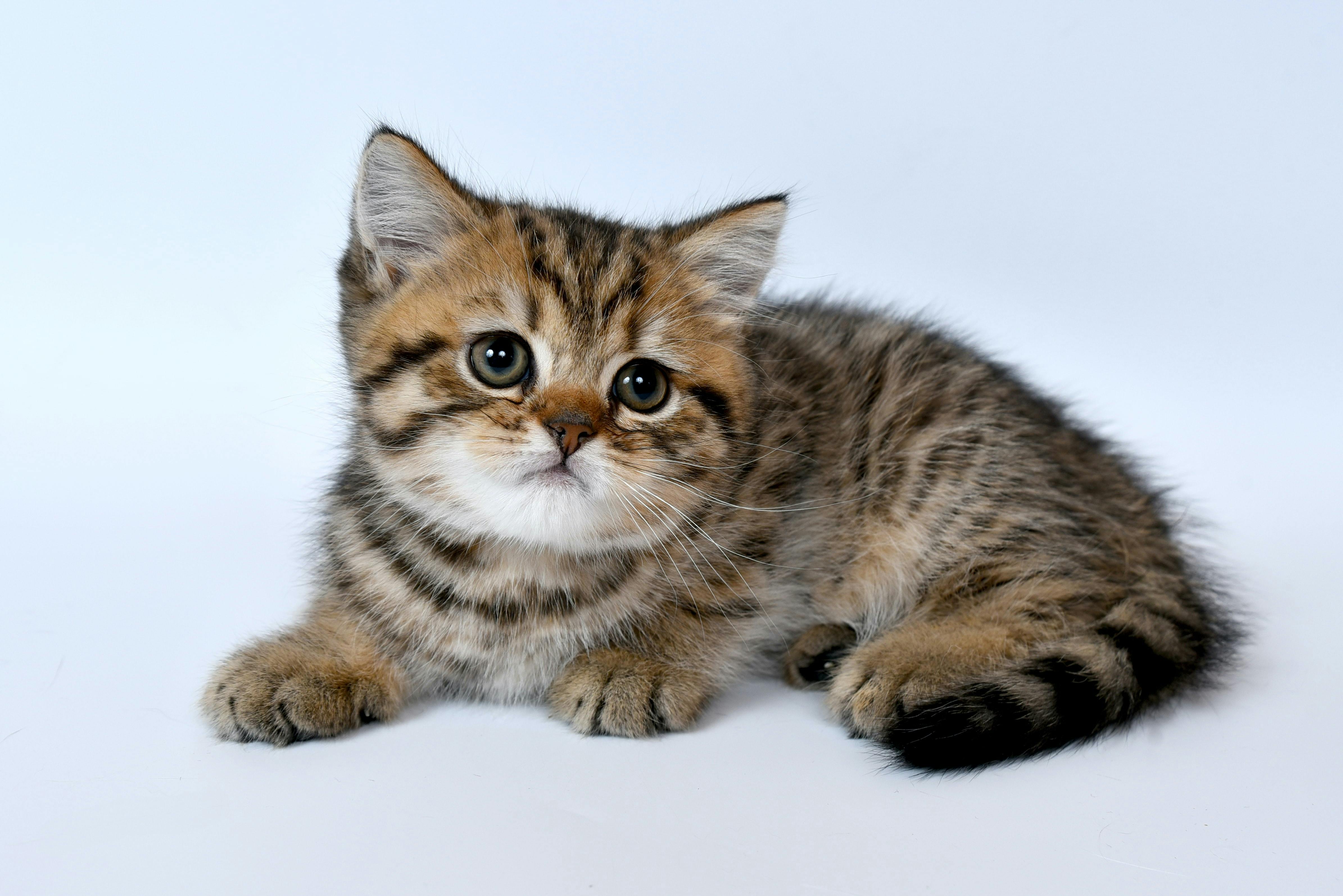
By Emily Bayne
Published: 10/26/2021, edited: 10/26/2021
Save on pet insurance for your pet
You don't have to choose between your pet and your wallet when it comes to expensive vet visits. Prepare ahead of time for unexpected vet bills by finding the pawfect pet insurance.
Organ meats, or offal, are the edible innards of an animal. When catching prey in the wild, cats consume the entire animal, skin, fur, bone, and — you guessed it — organs. In fact, most felines go for the organs first when consuming their prey.
It's no surprise that our domesticated "fur-iends" have a taste for organs too. But are organ meats good for cats? After all, kidneys and livers filter bodily toxins. That couldn't be good for a feline — or could it?
Are organ meats good for cats?
Organ meats often get a bad rap in the US since they're considered much less desirable than muscle cuts. However, organ meats boast a wide variety of health benefits for both humans and animals. Experts have likened organ meats to superfoods for cats. They're full of necessary vitamins and minerals, and they're lower in calories than muscle meat.
Organ meats are especially beneficial for older or sick cats. The odorous nature of organ meats can appeal to cats who've lost their appetite, offering them a nutrient-dense option when regular meat becomes less appealing.
Let's take a closer look at which organ meats cats commonly eat and how they improve your fur-baby's health.
Hearts
Hearts are abundant in taurine, an essential amino acid for cats. Adequate taurine levels can decrease a cat's risks of developing tooth decay, heart disease, and vision loss associated with retinal degeneration. Heart muscle also contains large amounts of natural CoQ10, an important antioxidant for brain, heart, and cellular functions. What's more, hearts are rich in collagen, which promotes joint health.
Tripe
Tripe is the stomach lining of herbivorous hoofed animals like cows and sheep. Tripe, especially unprocessed green tripe, boasts a wide array of benefits for cats. It's packed with the probiotics cats need for a healthy digestive tract. To maintain tripe's nutritional benefits, you should serve it raw. For more info, check out our guide on raw diets for cats.
Kidneys
The list of vitamins and minerals in kidneys is a long one. These protein-packed organs are a significant source of vitamins A, C, and D, calcium, iron, and riboflavin — just to name a few. Kidneys also contain a large dose of folate, which is vital for DNA synthesis.
Liver
Liver is another excellent source of protein and vitamins for cats. Liver also contains copper, which cats need for blood cell and tissue formation. Pet parents should be aware that liver is high in fat, so it should be eaten sparingly, especially for cats prone to obesity.
Some pet parents steer away from feeding liver and kidney meat due to their toxin-filtering functions. But experts say that toxin levels in kidneys and livers are equivalent to those in muscle meat. Plus, choosing organ meat from a grass-fed animal can further decrease toxin levels in the meat.
Are there any risks to feeding your cat organ meat?
There is such a thing as too much of a good thing, and this extends to organ meat too. Overdoing it with organs can cause stomach upset in some felines.
Likewise, feeding your cat too many animal hearts can cause excessive sodium levels, which over time can contribute to high blood pressure. Too much liver can also cause vitamin A toxicity in cats. Because of this, liver should make up no more than 5% of a cat's daily caloric intake.
Choosing organ meat for your cat
Choosing quality organ meat for your cat is crucial, especially if you plan to serve it raw. When selecting organ meat to serve your cat, aim for meat that is:
In date
Fresh or freeze-dried
Organic
Grass-fed or vegetarian diet-fed
Are you thinking of offering your cat organ meat?
Organ meat is a great source of nutrition for your cat, but the benefits don't end there.
Organ meats are a cheap and sustainable source of quality protein. The consumption of organ meat can cut back on food waste and help reduce the carbon footprint of meat processing.
If you're thinking about adding organ meat to your cat's diet, talk to your vet first. Your vet can offer guidance on how much organ meat your cat needs for their body type and activity level.
That being said, vet consultations can be expensive.
Vet consultations can be expensive.
Got questions about organ meats for cats but don't want to book an in-person vet visit? Live chat with a licensed veterinarian now for quick answers to your questions about your cat's diet.
You may also like
